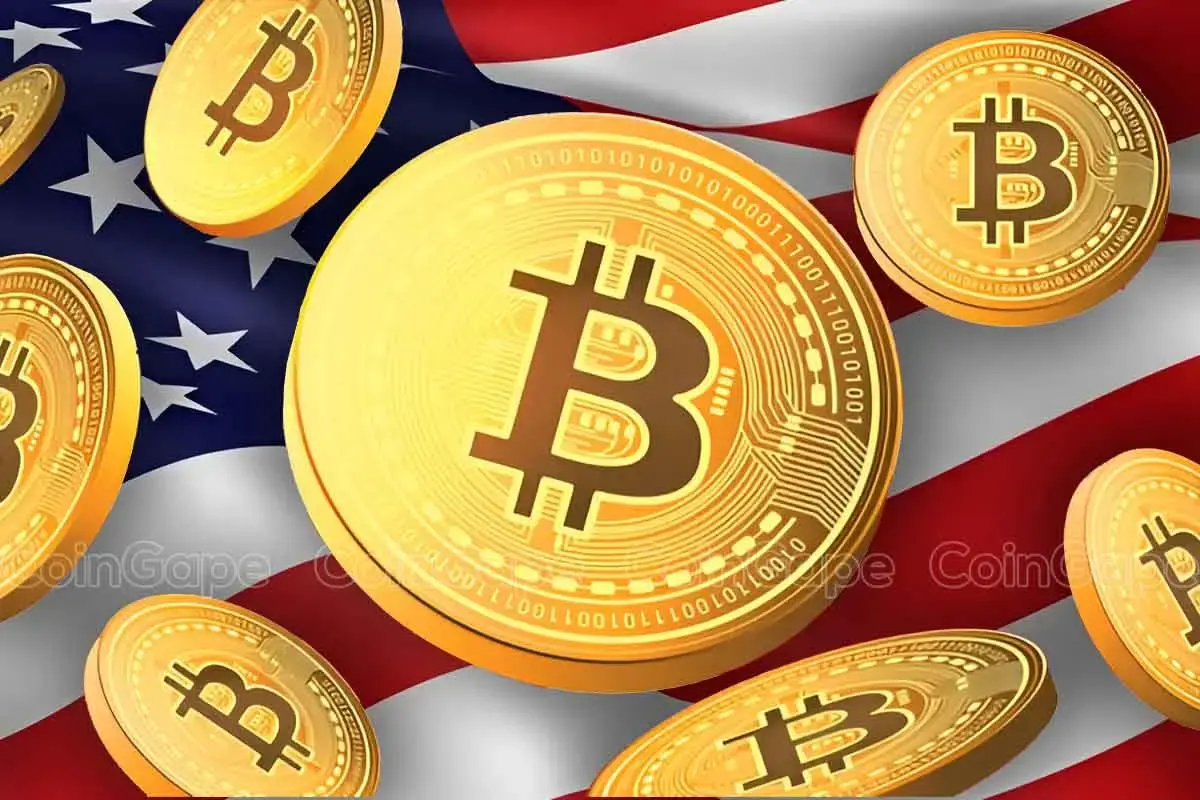South Dakota’s Attempt to Invest in Bitcoin: A Blocked Bill
In a bold move to join the cryptocurrency bandwagon, South Dakota legislators proposed House Bill 1202, which aimed to establish a Bitcoin reserve for the state. Sponsored by Representative Logan Manhart, this bill sought to enable the state to invest a portion of its cash reserves in Bitcoin. However, the bill met an unfortunate end, as it was blocked from further consideration.
Background
The idea of a Bitcoin reserve for South Dakota was not just an impulsive decision. The bill’s supporters believed that investing in Bitcoin could potentially bring significant financial gains for the state. With the increasing popularity and value of cryptocurrencies, South Dakota was not the first state to consider such an investment. Wyoming, for instance, passed a law in 2019 that recognized crypto as a legal tender and granted its banks the authority to hold and invest in digital assets.
The Bill’s Provisions
House Bill 1202 outlined several provisions that would have allowed South Dakota to invest in Bitcoin. It stated that the state could invest up to 5% of its cash reserves in Bitcoin, with the South Dakota Investment Council managing the investment. The bill also required the council to report to the legislature annually on the Bitcoin investment’s performance.
Reasons for the Bill’s Blockage
Despite the potential benefits, the bill faced opposition from various quarters. Some legislators raised concerns about the volatility of Bitcoin and the potential risks associated with investing state funds in a digital currency. Others argued that such an investment could divert funds from more traditional investments, such as bonds and stocks.
Impact on Individuals
As individuals, the blocking of House Bill 1202 may not have a direct impact on our lives. However, the bill’s failure to pass could be seen as a missed opportunity for South Dakota to explore innovative investment strategies. It may also serve as a reminder of the challenges that come with investing in cryptocurrencies, especially for large institutions and governments.
Impact on the World
The failure of House Bill 1202 to pass could have broader implications for the cryptocurrency market and the wider financial world. Some observers argue that the bill’s blocking may dampen investor confidence in Bitcoin and other digital currencies. However, others believe that this setback is just a temporary hiccup, and that more states and countries will eventually follow Wyoming’s lead and explore the potential of cryptocurrency investments.
Conclusion
The attempt to create a Bitcoin reserve for South Dakota marked an intriguing development in the world of cryptocurrencies. Although the bill was ultimately blocked, it sparked a lively debate on the potential benefits and risks of investing state funds in digital currencies. As individuals and as a global community, we will continue to watch with interest as more governments and institutions explore the world of cryptocurrencies.
- South Dakota proposed House Bill 1202 to create a Bitcoin reserve
- The bill aimed to invest up to 5% of the state’s cash reserves in Bitcoin
- Opposition to the bill raised concerns about volatility and potential risks
- Impact on individuals and the world is uncertain, but the failure of the bill may dampen investor confidence





